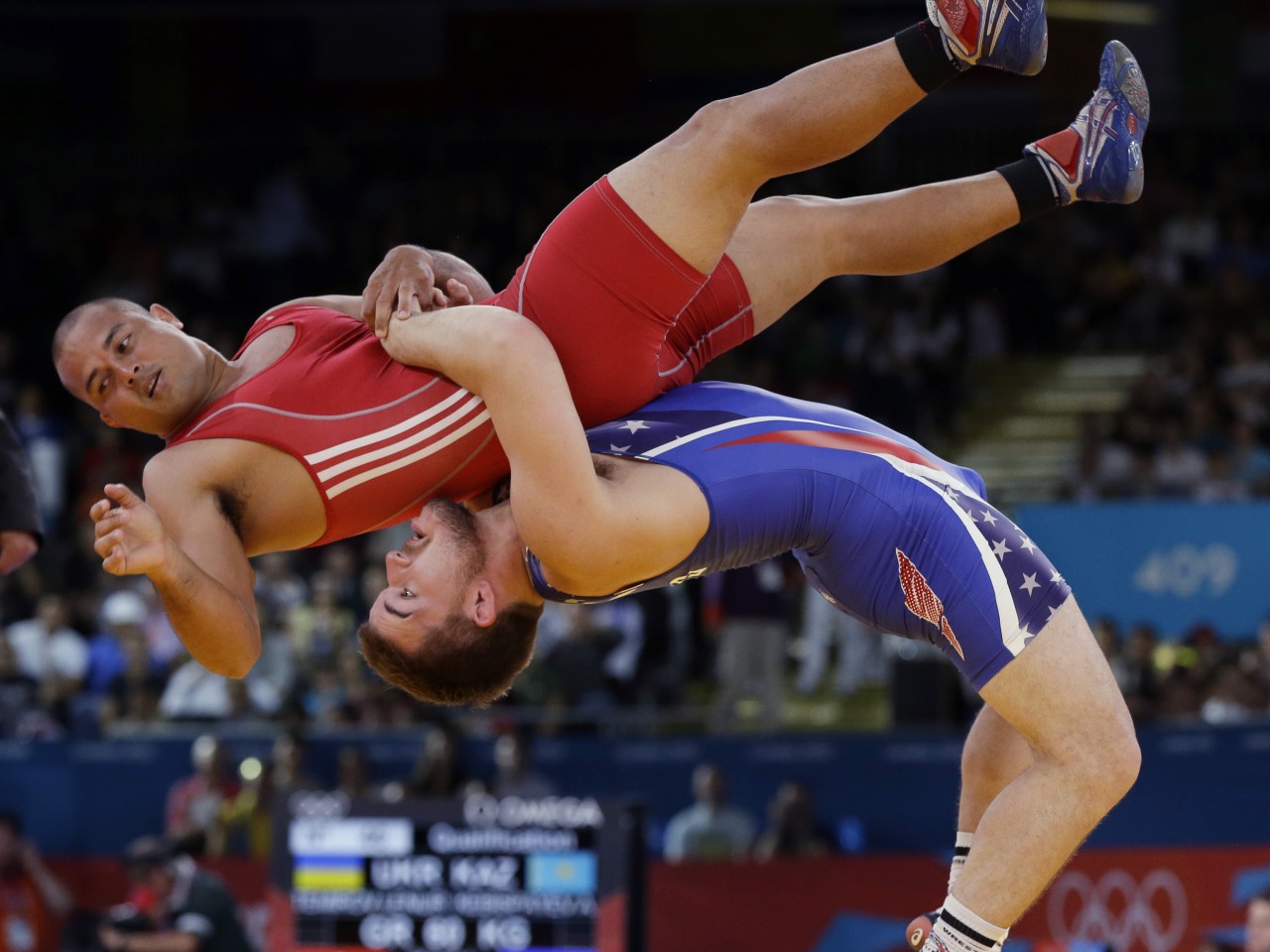Below are the Main Points which are considered under wrestling needs analysis.
Importance of Needs Analysis in Wrestling
Analyzing wrestlers’ needs helps tailor training. It identifies strengths and weaknesses. Coaches can then customize workouts. This boosts performance and minimizes injury risks. Personalized plans ensure progress and success.
Understanding Needs Analysis in Wrestling
Needs analysis evaluates what wrestlers need to excel. It examines physical demands, technical skills, and mental readiness. Coaches use this to tailor training programs effectively. This leads to improved performance.
Benefits of Conducting a Needs Analysis in Wrestling
A needs analysis helps identify specific areas for improvement. It boosts performance by tailoring training programs. Wrestlers gain a competitive edge. Coaches can better monitor progress.
Physical Requirements in Wrestling
Wrestling demands exceptional physical fitness. Athletes must possess strength, endurance, and agility. Maintaining low body fat levels is crucial. Handgrip strength significantly impacts performance—precisely 33-63 kg in males, 27-35 kg in females.
Strength and Conditioning Needs for Wrestlers
Wrestlers need robust strength and conditioning. Weight training and functional exercises like squats and deadlifts are essential. A strong core improves stability and resilience during matches.
Endurance and Agility Training for Wrestling
Endurance is vital for wrestlers to maintain intensity throughout matches. Agility drills, like ladder exercises, enhance quick movements. Combined, they help wrestlers outlast and outmaneuver opponents efficiently.
Technical Skills Development
Wrestlers need to master various techniques. Working on drills for different positions is crucial. Improving takedown and submission skills can make a huge difference in competition.
Techniques and Drills for Different Wrestling Positions
Wrestlers should practice drills for various positions. Coaches can help by focusing on stance, grip, and movement. Regular practice ensures better performance in matches.
Strategies for Improving Takedown and Submission Skills
Wrestlers should focus on mastering the basics. They can practice single and double leg takedowns regularly. Drills for submissions like armbars and chokeholds are also essential for success.
Mental Preparation for Wrestling
Mental Preparation for Wrestling
Wrestlers need a strong mindset. Developing a pre-match routine helps with focus. Athletes should embrace setbacks as lessons, maintaining a positive attitude toward improvement.
Psychological Needs of Wrestlers
Wrestlers need mental toughness and motivation. A positive attitude helps them overcome challenges. Focusing their attention and concentration is crucial during intense matches. This mental edge sets them apart.
Mental Training Techniques for Wrestling Success
Wrestlers can use visualization to imagine success. Deep breathing techniques help manage stress. Positive self-talk boosts confidence. Goal setting keeps them focused. These mental strategies enhance performance and resilience.
Injury Prevention and Recovery
Wrestling demands robust injury prevention strategies. Wrestlers should focus on strength conditioning and proper technique. Prompt recovery methods ensure they remain at peak performance, reducing downtime from injuries.
Common Wrestling Injuries and Prevention Strategies
Wrestlers often suffer from sprains, strains, and shoulder injuries. To prevent them, they should focus on strength training, proper technique, and always use protective gear during practice and matches.
Rehabilitation and Recovery Methods for Wrestlers
Effective rehabilitation includes physical therapy, customized exercises, and proper rest. Regular massages and cryotherapy can also aid in quicker recovery and muscle repair for wrestlers.
Implementing a Comprehensive Training Program
A holistic approach combines physical, technical, and mental training. Periodization helps track progress and avoid burnout. Monitoring ensures tailored adjustments to meet each wrestler’s unique needs.
Integration of Physical, Technical, and Mental Training
Combining physical, technical, and mental training ensures a well-rounded wrestler. Each aspect supports the other, building strength, skill, and resilience. This holistic approach maximizes performance and longevity in the sport.
Periodization and Monitoring Progress in Wrestling Training
Periodization structures training into phases, optimizing performance. Wrestlers progress steadily without burnout. Monitoring progress ensures goals are met, adjustments made, and peak performance achieved come competition time.
















